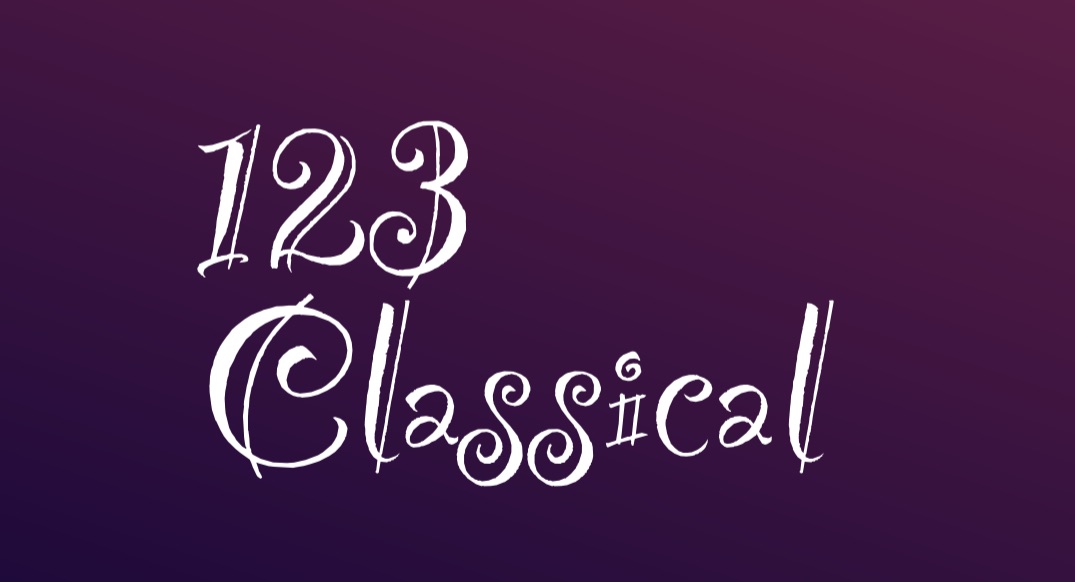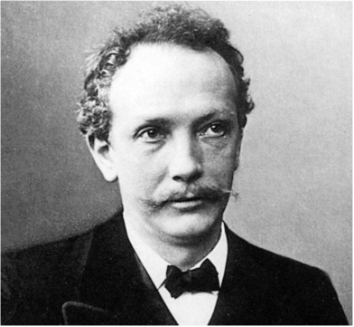


German composer, pianist, violinist and conductor of symphonic poems (piece of orchestral music which illustrates or evokes the content of a poem, short story, novel, painting, landscape) and operas and some pieces for solo instruments with orchestra. He is best known for the symphonic poem "Also Sprach Zaratustra" ("Thus Spoke Zarathustra") which was used as the musical score in the 1968 film "2001: A Space Odyssey".
His father being a musician, Richard Strauss was taught music since the age of 4 and by the age of 6 he had already composed his first pieces while by the age of 18 he had composed around 140 works. In his early 20s, he became musical director of the german town Meininged and then of the Munich Court Opera.
Strauss dedicated himself to symphonic poem compositions, also inspired by other composers, such as Richter and Wagner, and his experiences from his travelling. As his fame expanded, after the composition of "Don Juan", "Death and Transfiguration" and "Macbeth" , his international recognition came with "Thus Spoke Zarathustra".
During World War I, his compositions shed light on the real value of his music and following the war, he founded the Salzburg Festival to alleviate the social pain, associated with the war outcome, by enriching the cultural scene of the country.
During the nazi regime, his image was used by the nazi propaganda for its benefit, thus damaging his reputation. He was appointed, without his consent, to the State Music Bureau and was commissioned to write the Olympic Hymn for the 1936 Olympics in Berlin.
Today, he is one of the most-performed opera composers in the world although he frequently depreciated himself. He once said "I may not be a first-rate composer, but I am a first-class second-rate composer". The famous pianist Glenn Gould described Strauss as "the greatest musical figure who has lived in the century."